10 minutes of sun per day is typically less likely to give you cancer than 0 minutes. Vitamin D (and other compounds involved in the synthesis from cholesterol that you won't get in supplements) upregulate DNA repair polymerases that protect against carcinogens. Of course after a few minutes the costs of UV exposure outweight this benefit though.
ziltoid101
We needed a negative control, dammit!
Went on to play a few months ago with mates, all 4 of us had accounts deleted. Wtf, why wasn't it an automatic process...
I want to put Skype's corpse on a banner and wave it around to all the software that's currently undergoing enshittification.
I can almost hear it!
Astor Theatre, Perth, 2019. Was a crazy mosh, and Crumbling Castle was incredible. They ended the show on "The Bitter Boogie" which was a really flat, confusing way to end. Overall a great gig but I still find myself scratching my head at the ending song. The other times I saw them they finished with the Mind Fuzz suite and KGLW, so can't complain!
Crystallise it and show us the structure lol
Acrylamide is a nasty neurotoxin. Look at old protein biochemists and their hands all shake from years of making SDS-PAGE gels without gloves.
It wouldn't be science without some jargon :P
Basically, a new mechanism has been found - low nitrogen influences the signalling of a plant hormone to reduce the number of branches. Particularly pertinent to cereal crops and could help lower the need for nitrogen fertilisers!
Hope it stays open source going forward, especially given how it's built on the back of decades of hard work in x-ray crystallography.
(Nerd warning) So awesome to see strigolactones on lemmy. Any other strigolactone researchers out there? I mostly work on the receptor protein D14.

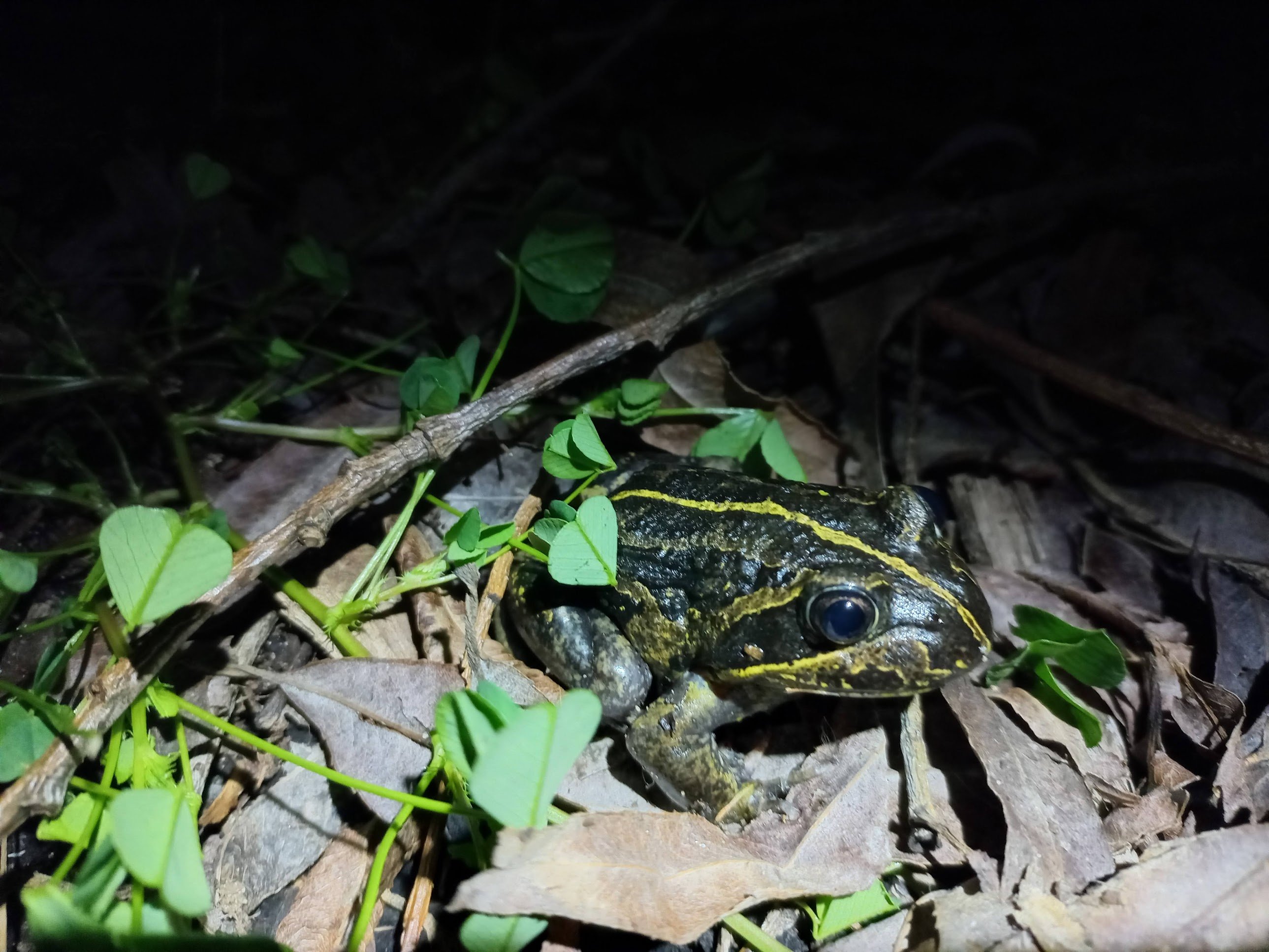

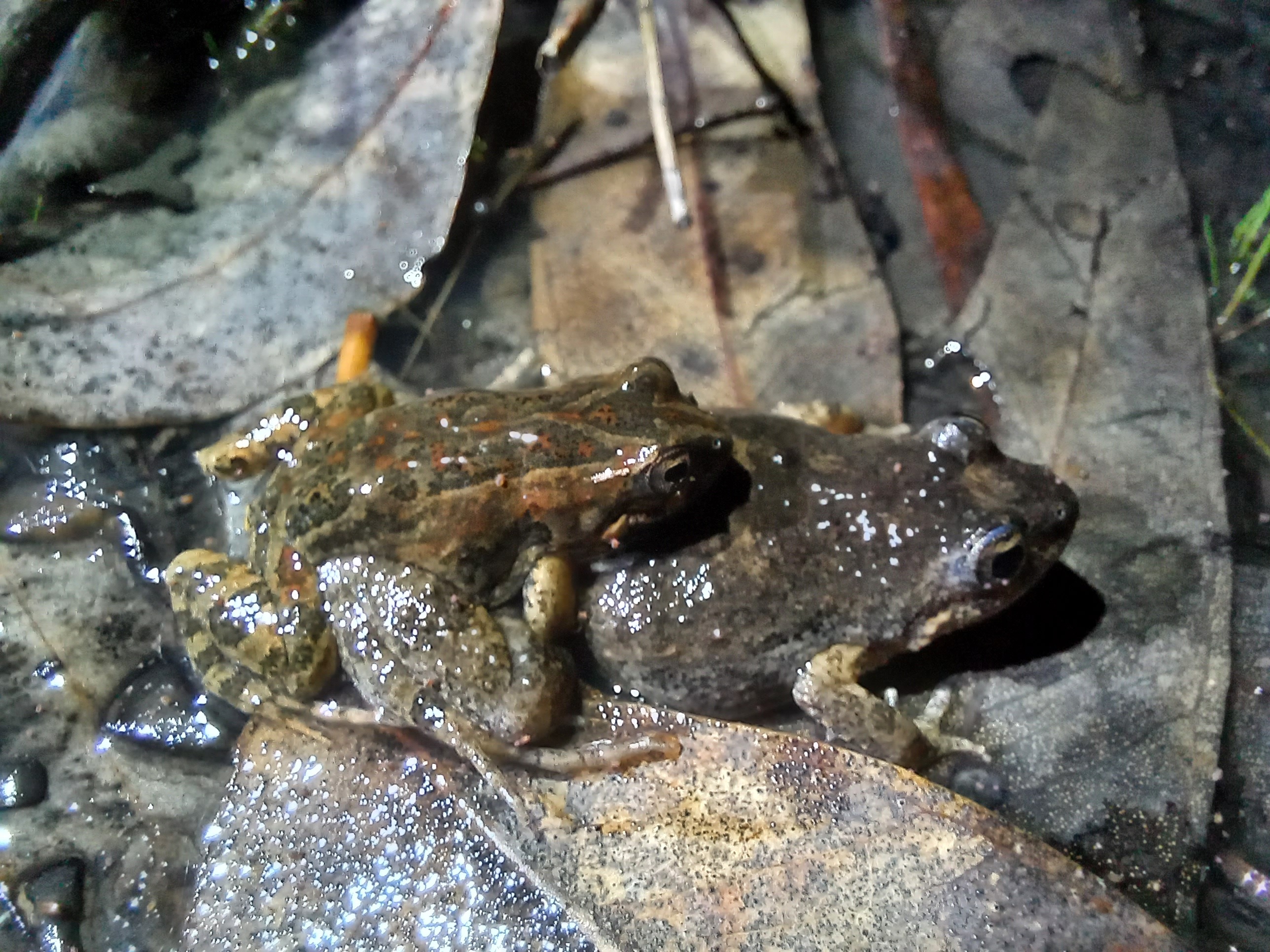
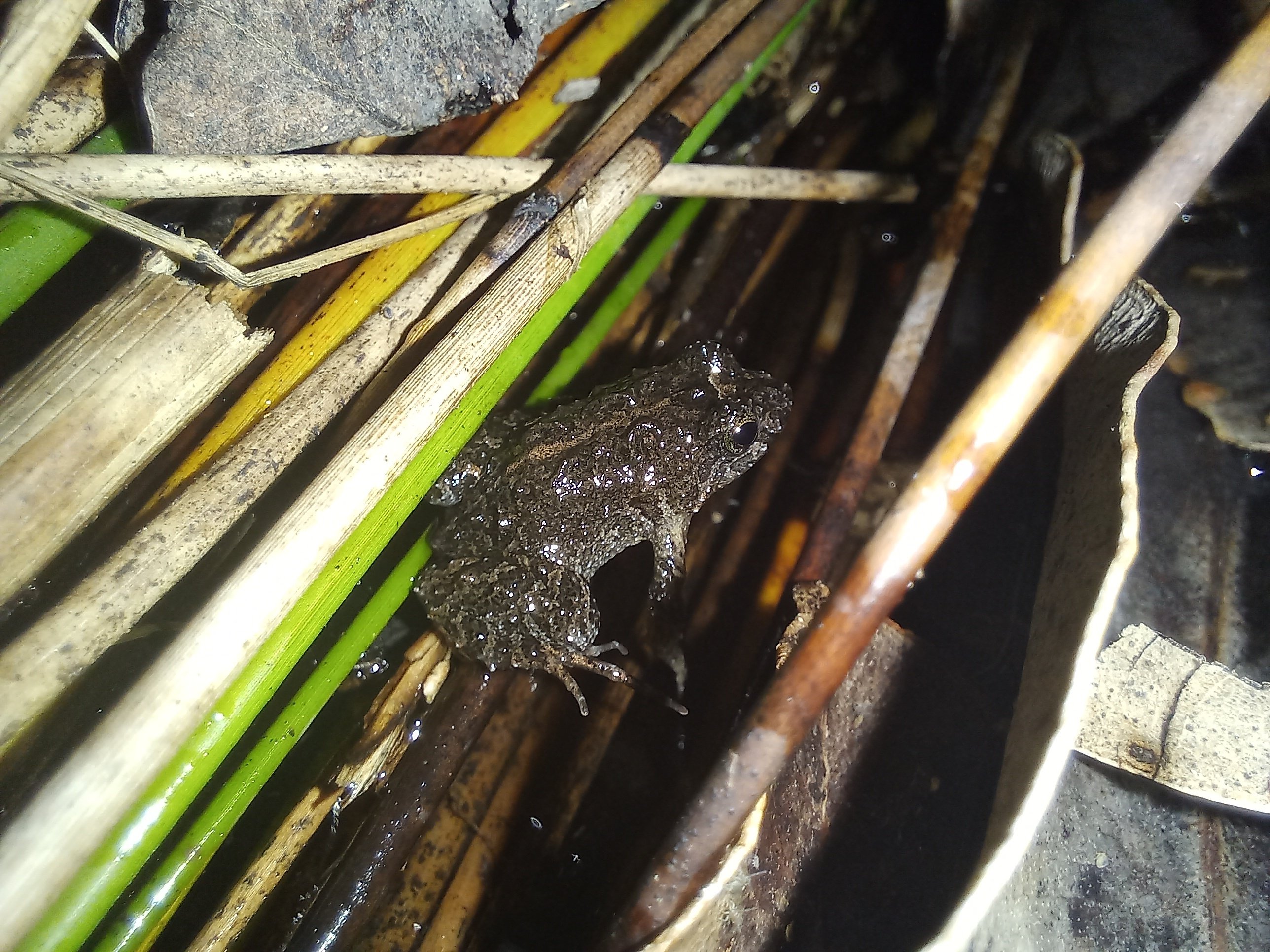
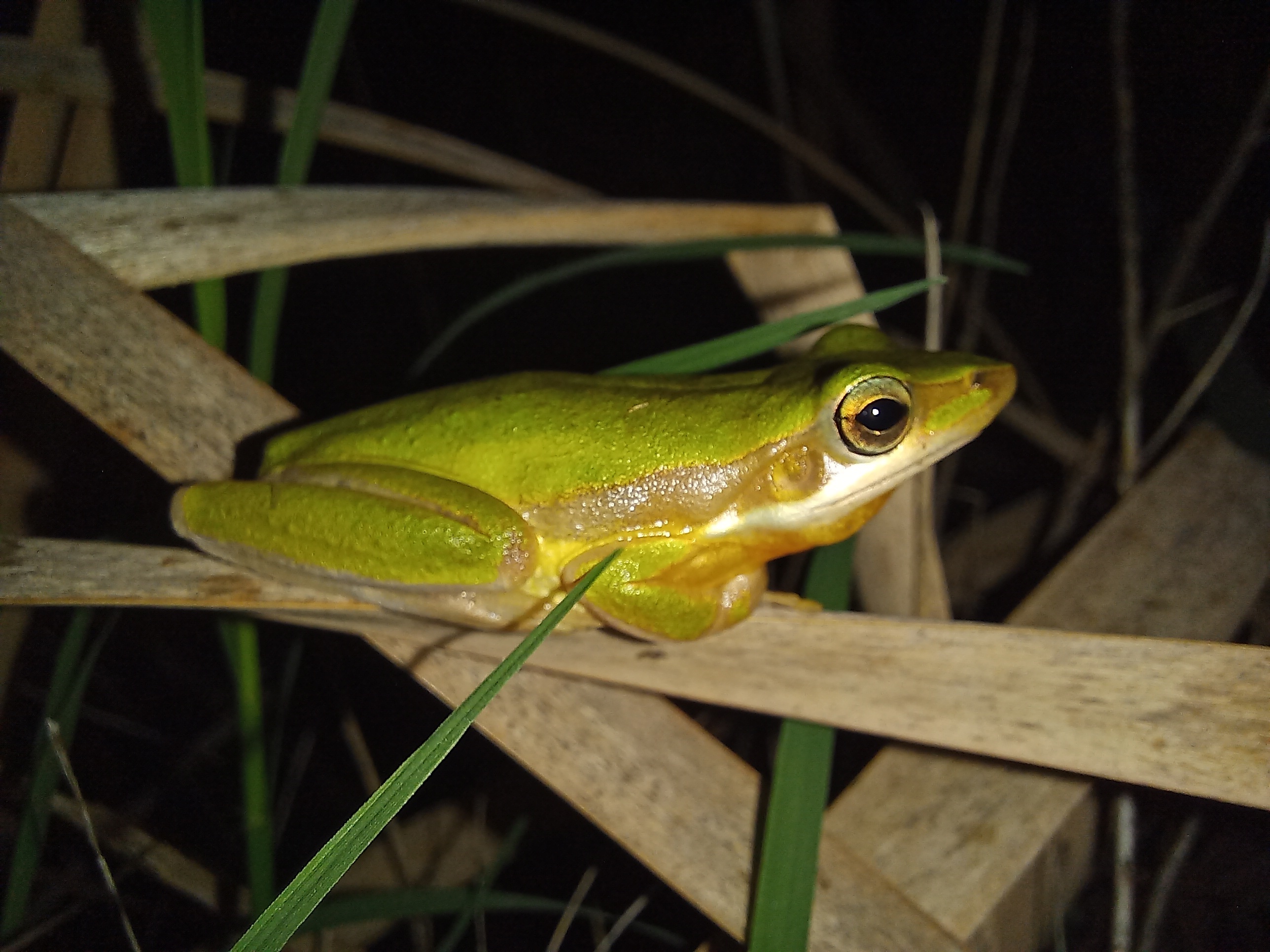


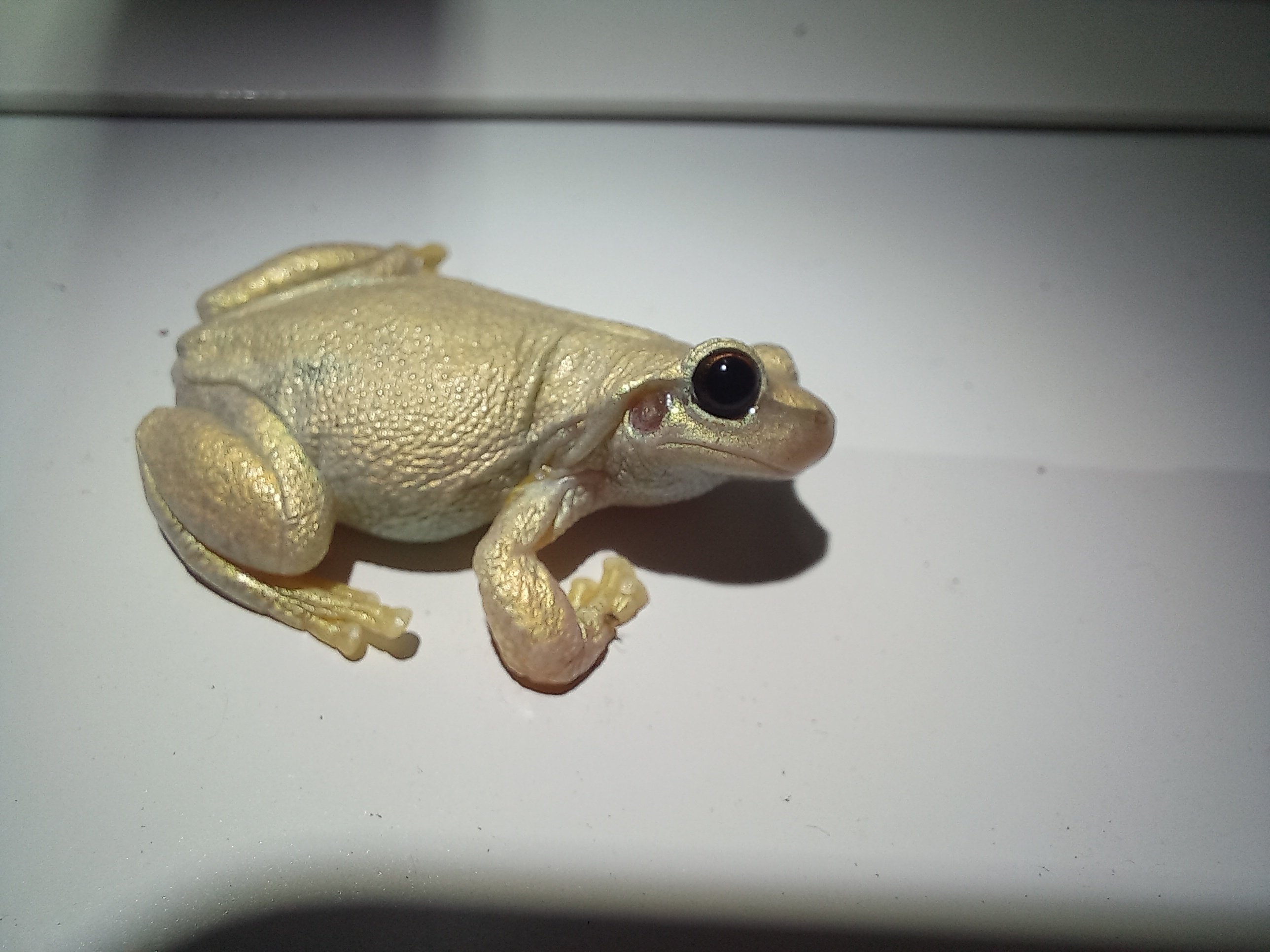

Genuinely I think the world would have much better scientific outcomes if a decent portion of grants were just straight-up randomly allocated (from a pool that meets a minimum standard I guess). Everyone wants to fund 'almost complete' research but there's such little money for the early-stage 'high risk high reward' basic research, which is what basically all applied research is built upon.